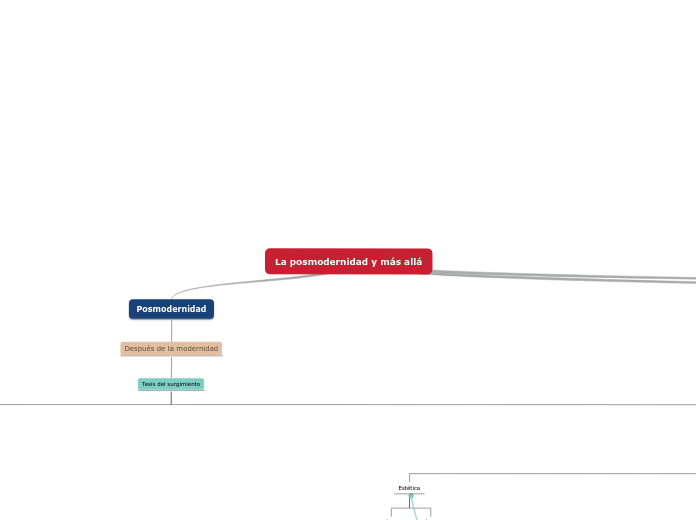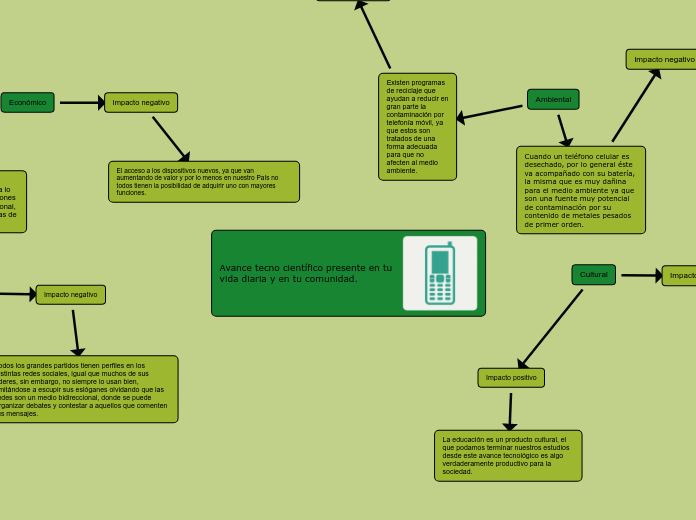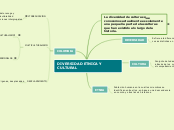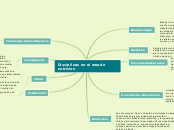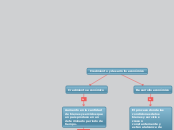La posmodernidad y más allá
Type in the name of the multiple-perspectives text.
Example: Bridge to Terabithia by Katherine Paterson
Referencias
Díaz, E. (2005). La posestética. Posmodernidad. https://books.google.com.mx/books?hl=es&lr=&id=89-V7-UOEZUC&oi=fnd&pg=PA9&dq=posmodernidad+&ots=udV1_cUjK2&sig=AmyaH7wB2HWmfz_iOOCDW7Rjw2w&redir_esc=y#v=onepage&q=literatura&f=false
Estrada, R. (2014). El concepto de posmodernidad en Gianni Vattimo. [Tesis de Licenciatura, Universidad de San Carlos de Guatemala]. http://biblioteca.usac.edu.gt/tesis/07/07_2201.pdf
Imaginario, Andrea. (s. f.) Posmodernidad. Recuperado de: https://www.culturagenial.com/es/posmodernidad/
Lampert, E. (2008). Posmodernidad y universidad: ¿una reflexión necesaria? en Perfiles educativos [online], vol.30, n.120, pp.79-93. ISSN 0185-2698.
Literatura contemporánea
Angle No.4
Decide on the fourth point of view
Type in the name of the last character whose perspective on the issue you are going to present.
Example: Leslie Burke, Jesse's new next-door neighbor, and best friend.
Point of view
Type in a relevant quote that highlights the character's point of view. Try to follow a citation format: author's name, chapter, and page.
Example: I can't get the poetry of the trees,' he said. She nodded. Don't worry,' she said. You will someday. He believed her.' (Paterson, 4. 24)
How is the viewpoint introduced in the story?
Choose an answer:
First person point of view - using the personal pronouns 'I' or 'we'Second person point of view - using the personal pronoun 'you'Third person point of view - using the third-person pronouns 'he', 'she' and 'they'Omniscient point of view - an all-seeing observer tells the story
Angle No.3
Whose character does the third point of view belong to?
Type in his/her name.
Example: Mr. Aarons, Jesse's father.
What does the character think, say or do that suggests their perspective on the issue?
Type in a quote and try to maintain the citation format.
Example: 'He would like to show his drawings to his dad, but he didn't dare. (...) He'd thought his dad would be pleased. He wasn't. What are they teaching in that damn school? he had asked.' (Paterson, 2.8)
What kind of narration introduces the viewpoint?
Choose an answer:
First person point of view - using the personal pronouns 'I' or 'we'Second person point of view - using the personal pronoun 'you'Third person point of view - using the third-person pronouns 'he', 'she' and 'they'Omniscient point of view - an all-seeing observer tells the story
Angle No.2
Decide on the second point of view
Name the character (it can either be the main character or one of the supporting characters) whose point of view you are presenting.
Example: Miss Edmunds, Jesse's music teacher.
Type in a quote that points out the character's position about the issue.
Try to follow a citation format: author's name, chapter, and page.
Example: 'She said he was unusually talented, and she hoped he wouldn't let anything discourage him.' (Paterson, 2. 8)
How is the viewpoint introduced in the story?
Choose an answer:
First person point of viewSecond person point of viewThird person point of viewOmniscient point of view
Angle No.1
Point of view
Type in a relevant quote that highlights the character's point of view towards
Literatura contemporánea.
Try following a citation format: author's name, chapter, and page.
Example: 'Jesse drew the way some people drank whiskey. (...) Lord, he loved to draw. (...) When he was in first grade, he told his father that he wanted to be an artist when he grew up.' (Paterson, 2. 7)
Type of narration
Posmodernidad
Identify an important issue from the text that is being presented from different angles. Type it in.
Example: Jesse's drawing talent.
Después de la modernidad
Decide on the first point of view you are going to present.
Type in the name of the character (it can either be the main character or one of the supporting characters) whose point of view belongs to.
Example: Jesse Oliver Aarons, Jr., the main character of the novel, a fifth-grader living in a rural Southern area.
Tesis del surgimiento
Type in a relevant quote that highlights the character's point of view towards
Posmodernidad.
Try following a citation format: author's name, chapter, and page.
Example: 'Jesse drew the way some people drank whiskey. (...) Lord, he loved to draw. (...) When he was in first grade, he told his father that he wanted to be an artist when he grew up.' (Paterson, 2. 7)
Posterior a la modernidad
Nueva época histórica
Principios propios de organización
Cultura
Sistemas abiertos
Presupuestos
Relaciones sociales
Fragmentación
Realidad Social
Fascinación por la tecnología
Comunicación
Afecta a
Type in a relevant quote that highlights the character's point of view towards
Principios propios de organización.
Try following a citation format: author's name, chapter, and page.
Example: 'Jesse drew the way some people drank whiskey. (...) Lord, he loved to draw. (...) When he was in first grade, he told his father that he wanted to be an artist when he grew up.' (Paterson, 2. 7)
Artes
Filosofía
Representantes
Jean
Ciencia
No universal
Desmitificación de metarrelatos
No infalible
Segunda naturaleza
Defensa del particularismo
Producto por derecho propio
Más humano
Estética
Efímero
Imágenes
Años sesenta
What type of narration introduces the viewpoint?
Choose an answer:
First person point of view - using the personal pronouns 'I' or 'we'Second person point of view - using the personal pronoun 'you'Third person point of view - using the third-person pronouns 'he', 'she' and 'they'Omniscient point of view - an all-seeing observer tells the story
Agotamiento de la modernidad
Fase crítica de
Nociones clasicas
Conocimiento
Saber posmoderno
Nuevas formas de saber
Convivencia arménica
Cosmos
Naturaleza
Semejantes
Cognición
Curiosidad
Cultural
Intelectual
Interdisciplinariedad
Deducción
Síntesis
Problematización
Esquematización
Observación
Diálogo
Época moderna
Negación de
Individualidad
Subjetividades
Abstracciones
Dinamitadas por
técnica y tecnología
Dar sentido a la vida social
verdad
Progreso
objetividad
razón
identidad
Nueva visón de
Capital internacional
Globalización
Estado y economía
Neoliberalismo
Consumo
Placer
Masivo
Avance de la tecnología
Movimiento estudiantil
